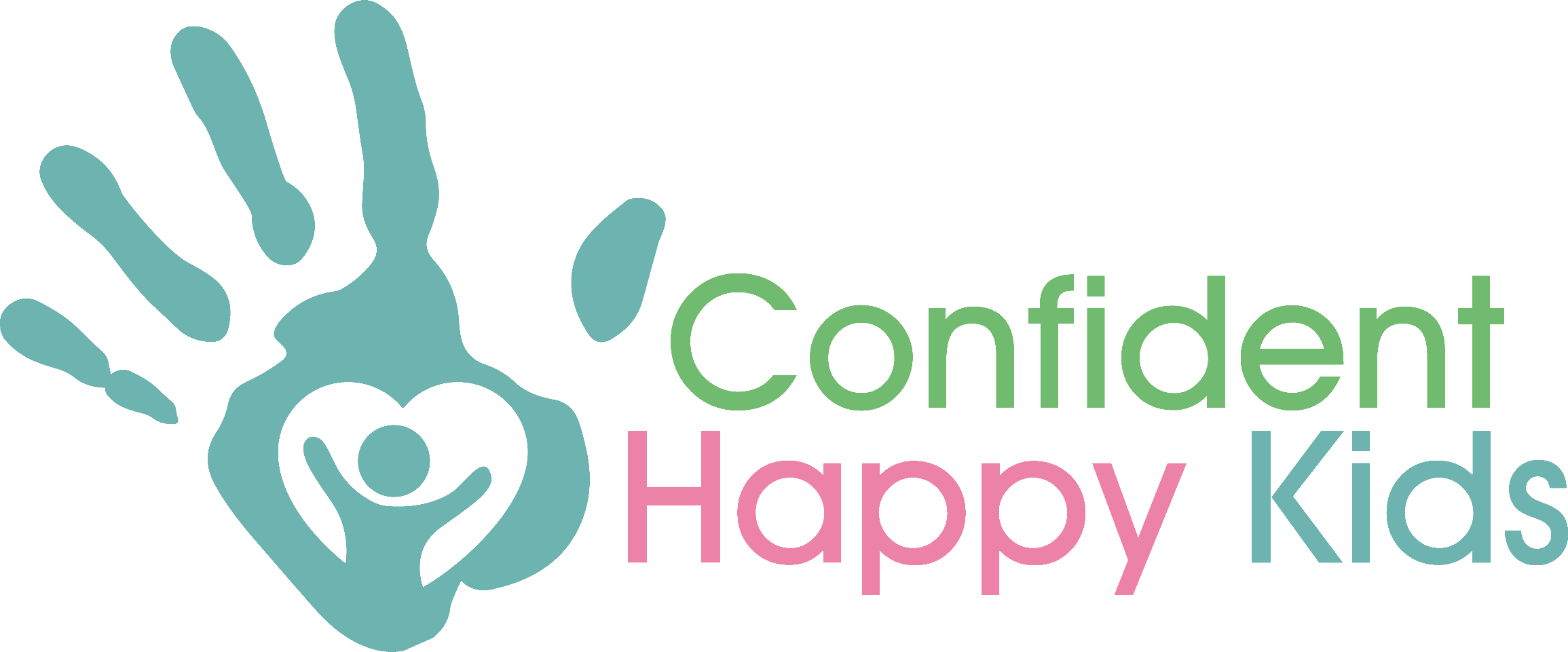 Lately, I have had several clients who have moved from other cities and who are feeling angry about having to move, having a difficult time settling into school, and are struggling to make new friends.
Lately, I have had several clients who have moved from other cities and who are feeling angry about having to move, having a difficult time settling into school, and are struggling to make new friends.
How does your child adapt to change? Have you recently moved? Has your child changed schools or teachers? Does your child have difficulty making new friends?
Kids like routine. Knowing what will happen next helps kids feel safe. Yet, things are constantly changing – families move, parents separate, friends change, and even their bodies are constantly changing. How can you help your child be more resilient to these changes?
The first thing you as a parent can do to help your child, is to check in with your own feelings. Children are very perceptive. If you are feeling anxious or angry about things, your child will feel it. So, before talking to your child, close your eyes for a moment and check in with how you are feeling. If you are feeling stressed, take 3-4 deep breaths. Breath in calm and breath out stress. Now you are ready to help your child.
Have your child check in with their own body. Ask them to close their eyes, take 3-4 deep breaths and then ask them to scan their body. How does it feel? Is there tightness or heaviness anywhere? If there is, ask them to imagine their breath going to the area of their body that is tight or heavy. Tell them to continue to send breath to that area until they feel more relaxed. Once your child is feeling relaxed, it is the perfect time to talk. Your child will be more likely to be open and honest about their feelings and concerns if you are both relaxed.
The next important step is to really listen to your child. This means you listen to the words they are saying, as well as pay attention to non-verbal clues and tune into your intuition. Are you sensing that there is something else going on for your child? If so, ask them. You could say something like, “You are telling me that you had a good day today, but I get the feeling that something isn’t quite right?” Then listen. Don’t jump in right away with solutions. Let them talk. Then, acknowledge how they are feeling. For example, you might say, “It sounds like that made you feel very angry.” This gives your child a chance to correct you if you have misunderstood what they are trying to tell you. It also lets them know that you are listening. Once you have a true understanding of how your child is feeling, you can help them come up with solutions. Kids are very creative and have many great ideas. If they come up with the solution, they are much more likely to follow through with it.
If you would like to learn more ways to help your child deal with change and encourage your child to get your child to open up to you, join me at:
Transitions: Parents Guide to Helping Their Child Through Change
Springbank Ladies Time Out
Springbank/Westlife Church
32242 Twp 245
Calgary AB
T3Z 2N9
November 18th, 2013
9 – 11 am
Investment: $15.00
Register at: www.sprinbanklto.com
If you would like to learn a gentle hands-on healing modality for you and your child, please join me:
Reiki for Parent and Child (age 6-12 years)
Friday, November 22, 2013 or Monday, December 2, 2013
9:30am – 3:30pm
Investment: $200.00 (additional sibling $50.00)
Register by calling Nola at 403-477-6594 or email nola@confidenthappykids.com

